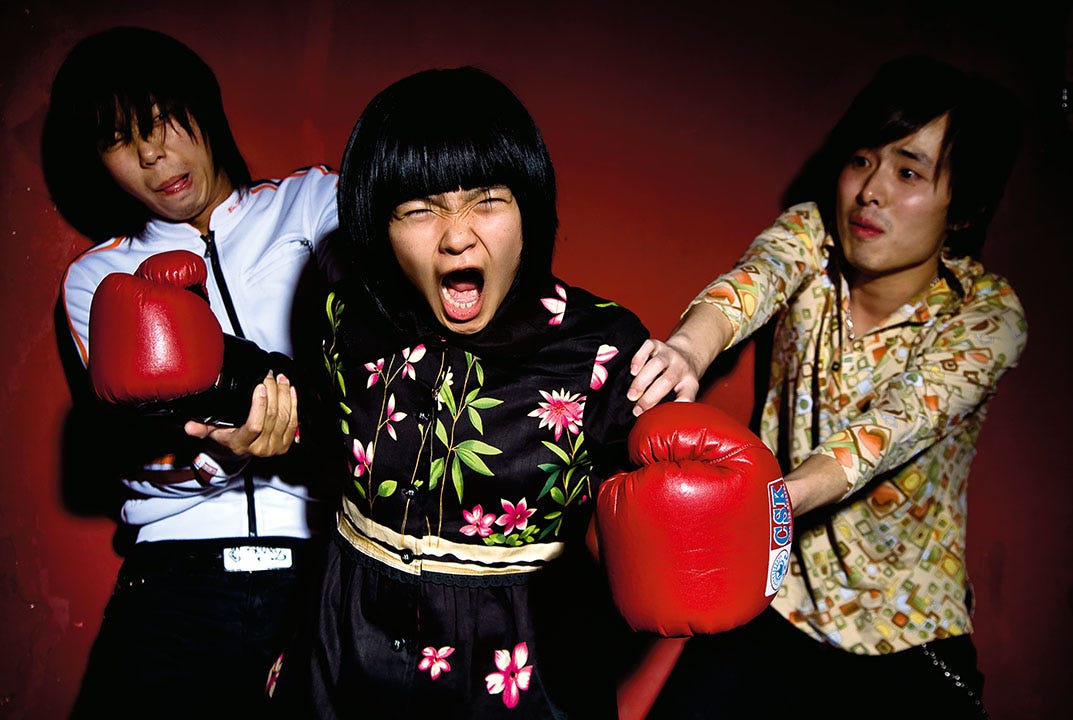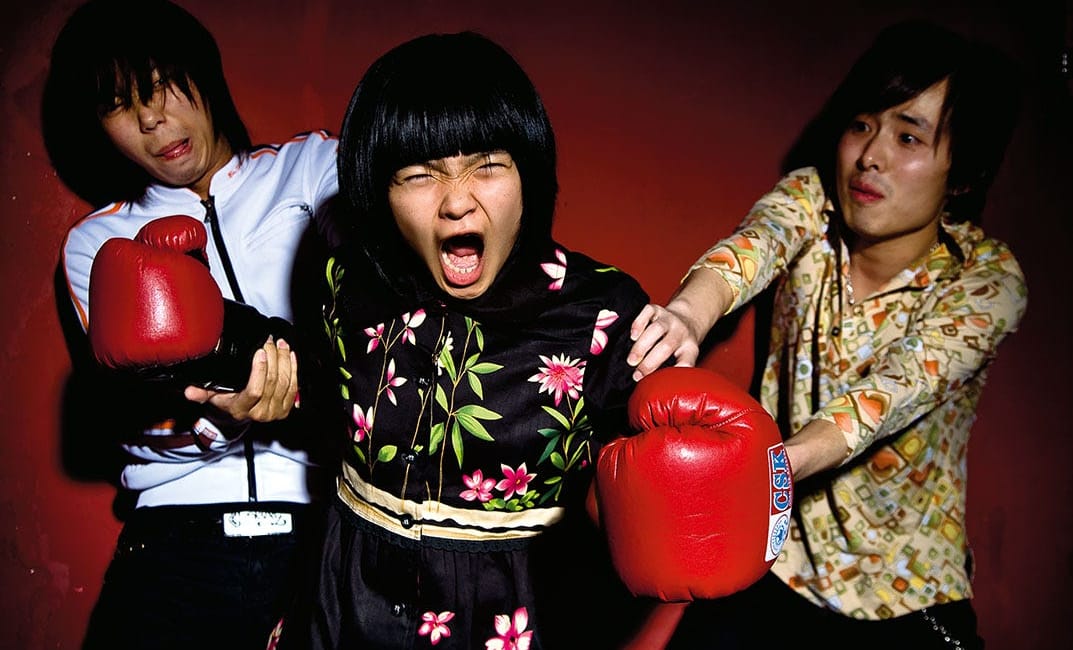
“Did you eat any dogs?” people would ask with lurid fascination, upon learning that I’d lived in Beijing for four years. “The pollution was bad, right?” others offered.
At first, I’d try to paint a broader and more nuanced picture for them, determined to expand their understanding of China beyond the tired stereotypes and sensational media coverage. But I found it impossible to sum up such a complicated place and what it meant to me. Sometimes I would go on the defensive, pointing out the rapid development and booming art scene; other times I’d agree with their terse dismissals.
Everyone had warned me about culture shock before I headed overseas, so I’d known what to expect. But reverse culture shock? I thought I’d spend my first few months binging on my favorite foods and marveling at the things that make home feel like home. I never anticipated that I’d feel so out of place among close family and friends and, at times, so utterly misunderstood. The simplicity and convenience of living in a developed country where everyone speaks my language left me feeling — as strange as it is to say it — bored, and missing the things I never thought I wanted to experience in Beijing again.
I first moved to China’s capital in 2008, a wide-eyed undergrad living abroad for the first time in her life, devastatingly eager to soak up new experiences. China was such a romantic idea back then: I wanted to try everything, from chugging baijiu shots out of a gasoline can to eating scorpions on a stick to taking reckless rickshaw rides around the city at 4:00 a.m. I loved my brief time there so much that I moved back once I graduated, with the intention of staying for a couple of months. I didn’t leave for nearly four years.
There’s an intoxicating charm to being in a city that’s constantly on the move, so full of people, places and possibilities. The chance to be an entrepreneur — to be the very first to do something — is still well within reach. You can straddle the worlds between past and present, East and West — one hour you could be bicycling past the Forbidden City and hutongs where old men are playing chess, and the next you could be sipping fancy cocktails from a swanky bar in an 80-story skyscraper.
But make no mistake: Beijing is not an easy place to live. On top of the constant smog (API levels are nearly 25 times the acceptable standard set by the World Health Organization), the traffic (think the Bay Bridge but 10 times worse) and the extreme climates (temperatures can exceed 104°F in the summer and dip below -4°F in the winter), it is also one of the most populous cities in the world.
San Francisco has just over one million residents. Beijing? 11.5 million. The daily stress of navigating crowds, coupled with limited resources and government corruption, is exhausting. Waiting in line at the supermarket? Better keep a vigilant eye in case someone tries to cut in front of you. Hungry? Make sure your favorite neighborhood joint doesn’t use gutter oil. And God forbid you ever feel thirsty, since 16,000 dead pigs might be lurking in your city’s water supply.
These conditions were challenging to adapt to, though it was significantly more discomforting to move home and realize I’d changed in ways I could not easily undo. The first time I took BART again, I charged at breakneck speed through the doors, knocking into a woman in my haste to make the train and hopefully snag a seat. She shot me a wrathful look, huffing loudly before taking one of the many open seats left in the row across from mine. Needless to say, I was mortified, especially when the train sat for another 15 minutes before leaving the station (damn you, Millbrae BART). I spent the rest of that ride actively avoiding eye contact with her.
I spent my early days of repatriation shuttling between feelings of euphoria (burritos! blue skies! sit-down toilets!) and alienation and loss (for my friends and my former life). I missed the spontaneity and freedom to explore that I had had in Beijing — where beer cost $0.75 a pint, cab rides ranged from $2.00 to $8.00 and the lower cost of living was very much an equalizer. In San Francisco, social groups seemed to be dictated by income brackets: the people who can afford brunch and go to Napa and Tahoe on the weekends will find other friends who can partake in those things, while the rest are relegated to sipping tall boys on the roof. While there were opportunities for splurging in Beijing, they were few and far between, and easier to avoid when cheaper alternatives were so readily available.
Of course, all of this was compounded by the fact that I returned to a much-changed San Francisco. But I’ve slowly but surely managed to acclimate, and there are even some developments that I appreciate: namely, clean and well-labeled food. I’ve gone from eating suspect skewers on the street to supping at farm-to-table restaurants where gluten-free and free-range options are obligatory, and organic is practically a given. I love being able to cross the street without feeling like I’m playing a real-life version of Frogger. I love being among likeminded folks who compost and recycle, and also share fears about gentrification and care about women’s rights. I love being able to take deep breaths, knowing that my lungs are safe.
Now three years in, San Francisco is finally starting to feel like home again. I’ve grown accustomed to certain comforts and can no longer imagine living without unbridled access to the Internet, farmers’ markets, cheap wine, Sightglass coffee and, of course, proximity to family.
Ironically, I’m on the eve of my first return trip to Beijing, and while I’d like to say I’ve fully recovered from reverse culture shock, I’ve come to realize that it’s a never-ending process of figuring out who you are in two places, and weighing the good and bad of those places against each other at every moment. Because even when a street vendor rips me off, a cab driver drops me off at the wrong location or I get food poisoning for the umpteenth time, Beijing will always have a piece of my heart. And now, so will San Francisco.







